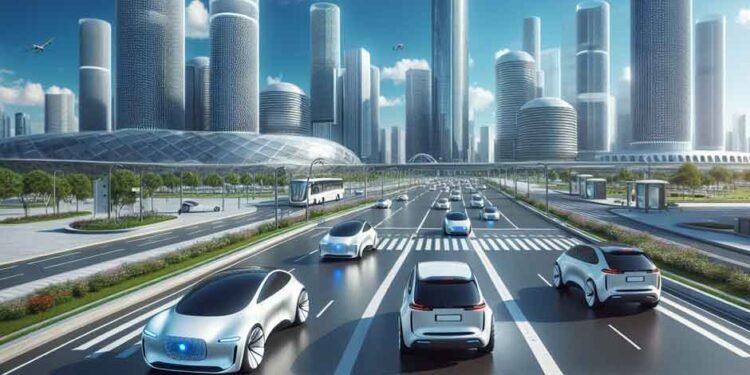In recent years, the way people think about vehicle ownership has undergone a significant transformation. Gone are the days when buying a car meant simply choosing a model, making a purchase, and driving it until it wore out. Today’s consumers are more informed, more resourceful, and more conscious about how they invest in their vehicles. This shift toward smarter vehicle ownership is reshaping the automotive landscape, offering benefits not only to drivers but also to the environment and the broader economy.
Understanding the Modern Driver’s Mindset
The modern driver approaches vehicle ownership with practicality and foresight. They weigh the costs of maintenance, fuel efficiency, insurance, and long-term value before making any decision. This mindset is driven by a desire to maximize the utility of their investment while minimizing unnecessary expenditures. Consumers are no longer willing to settle for a car that only looks good; they want vehicles that offer reliability, technological integration, and adaptability to their lifestyle.
This evolution in thinking is also fueled by increased access to information. Online reviews, vehicle history reports, and comparison tools allow potential buyers to make more educated choices. For many, the goal is not to own the newest car, but the one that provides the most value for their specific needs.
The Rise of Pre-Owned Vehicles
One of the most noticeable trends in smarter vehicle ownership is the growing popularity of pre-owned vehicles. Buying a used car is no longer seen as a compromise; instead, it is a strategic decision that allows drivers to access high-quality vehicles at a fraction of the cost. Certified pre-owned programs have made it easier than ever to purchase a used car with confidence, offering warranties, thorough inspections, and manufacturer-backed assurances.
For those seeking used vehicles Orlando, dealerships like City Kia provide a wide selection of reliable options. These cars often come with modern features and in excellent condition, enabling buyers to enjoy many of the benefits of new vehicles without the steep price tag.
Embracing Technology and Connectivity
Another key aspect of smarter vehicle ownership is the integration of technology. Today’s vehicles are equipped with advanced driver-assistance systems, connectivity features, and fuel-efficient engines that improve safety, convenience, and cost-effectiveness. Owners can track maintenance schedules, monitor fuel efficiency, and even remotely control certain functions through smartphone apps. These innovations not only enhance the driving experience but also extend the lifespan of the vehicle by promoting proactive maintenance.
Technology has also influenced the way people buy and sell vehicles. Online marketplaces and digital dealerships allow customers to explore inventory, compare prices, and arrange financing from the comfort of their home. This digital-first approach streamlines the purchasing process and helps buyers make informed decisions with less stress and more transparency.
Sustainability and Responsible Ownership
Smarter vehicle ownership is also closely linked to sustainability. Many drivers are now considering the environmental impact of their cars, favoring fuel-efficient models or hybrid and electric options. Owning a vehicle responsibly means being conscious of emissions, maintenance practices, and the overall lifecycle of the car. Choosing a high-quality used vehicle, for instance, can be a more sustainable option than buying new, as it extends the useful life of existing resources and reduces manufacturing demand.
The Benefits of Strategic Ownership
By embracing smarter vehicle ownership, drivers enjoy multiple advantages. Financially, they save money by making well-informed decisions and avoiding unnecessary expenses. Practically, they gain access to vehicles that match their lifestyle needs while benefiting from modern technology and safety features. Environmentally, they contribute to a more sustainable approach to transportation.
The shift toward smarter vehicle ownership is not a passing trend; it represents a permanent evolution in how people relate to their cars. From carefully selecting pre-owned vehicles to embracing technology and sustainability, today’s drivers are making choices that are thoughtful, efficient, and future-focused.












